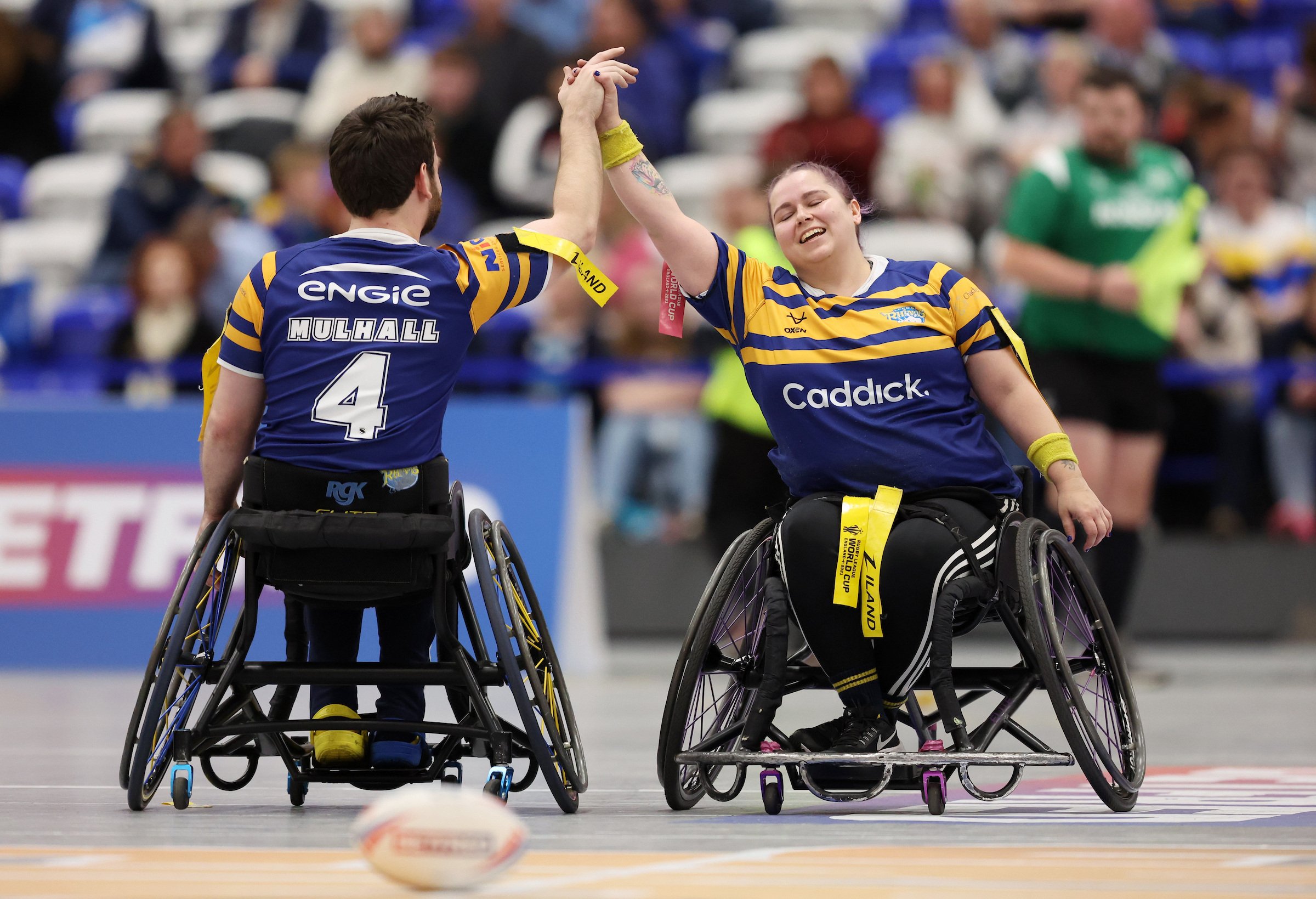For professional rugby players, the sport isn't just a career; it's a core part of their identity. The roar of the crowd, the camaraderie of the team, the thrill of victory – these become intertwined with who they are. When the final whistle blows and the boots are hung up, the transition away from the game can trigger a profound sense of loss and identity crisis.
For professional rugby players, the sport isn't just a career; it's a core part of their identity. The roar of the crowd, the camaraderie of the team, the thrill of victory – these become intertwined with who they are. When the final whistle blows and the boots are hung up, the transition away from the game can trigger a profound sense of loss and identity crisis.
Understanding Identity Loss
Identity loss is a common experience for retiring athletes, regardless of the sport they played. It's a complex process where individuals grapple with the question, "Who am I now that I'm no longer a rugby player?" The sense of purpose, belonging, and even self-worth that was deeply rooted in their athletic identity may suddenly feel uncertain.
This loss can manifest in various ways, including:
Emotional turmoil: Feelings of sadness, emptiness, anxiety, and even depression.
Loss of purpose: Struggling to find meaning and direction in life without the structure and goals of professional rugby.
Social disconnection: Feeling isolated from former teammates and the rugby community, leading to a sense of loneliness.
Decreased self-esteem: Questioning one's value and abilities outside of the sporting arena.
The Unique Challenges for Rugby Players
Rugby players face specific challenges in navigating retirement due to the intense physical and emotional demands of the sport. The abrupt end to a physically demanding career can leave athletes feeling adrift, while the close-knit team environment can create a void in their social lives.
Furthermore, the "warrior" mentality often associated with rugby can make it difficult for players to express vulnerability or seek support when they're struggling. This internal pressure to "tough it out" can exacerbate feelings of isolation and hinder the healing process.
Strategies for Coping with Identity Loss
While the transition out of professional rugby can be challenging, it's important to remember that it's also an opportunity for growth and self-discovery. Here are some strategies to help navigate the emotional terrain:
Acknowledge & Validate Your Emotions:
It's natural to experience a range of emotions during this transition. Allow yourself to grieve the loss of your athletic identity and acknowledge the challenges you're facing.
Embrace Your New Identity:
Start exploring new interests, hobbies, and passions. This can help you redefine your sense of self and discover new sources of fulfillment.
Connect with Others:
Maintain strong relationships with family and friends, and seek out support groups or communities for retired athletes. Sharing experiences with others who understand can be incredibly therapeutic.
Develop New Skills & Goals:
Set new goals and challenges for yourself outside of rugby. This could involve pursuing further education, starting a new career, or volunteering for a cause you care about.
Seek Professional Support:
Don't hesitate to reach out to a therapist or counsellor who specializes in athlete transitions. They can provide guidance and support as you navigate this process.
Celebrate Your Achievements:
Reflect on your accomplishments and the positive impact you've made through rugby. This can help you maintain a sense of pride and gratitude, even as you move on to a new chapter.
Additional Tips:
Start planning for your transition early: Consider career options, financial planning, and personal goals while you're still playing.
Stay connected to the rugby community: Volunteer as a coach, mentor young players, or attend matches to maintain a sense of belonging.
Embrace a healthy lifestyle: Maintain physical activity, eat a balanced diet, and prioritize sleep to support your overall well-being.
Be patient with yourself: The transition takes time. Be kind to yourself and celebrate small victories along the way.
Remember, the end of a rugby career doesn't have to be the end of your story. By embracing the transition and proactively seeking support, you can create a fulfilling and meaningful life beyond the field.
Resources:
Book: The Transition Playbook...
Blog: How to build a gameplan for life after sport...
Quote
"I struggled with lack of identity and purpose when I stopped playing."
Dan Carter - New Zealand Rugby
|
Related Articles

%20(1).jpg)
Free Google course: Build your CV
Francis Stephenson | April 3, 2024
So you've smashed it on the pitch, but what about off it? As a ...
Read More
%20(1).jpg)
Beyond the try line: Finding meaning and purpose after rugby
Francis Stephenson | January 6, 2025
Rugby league is more than just a game; it's a way of life. It demands ...
Read More
%20(1).jpg)